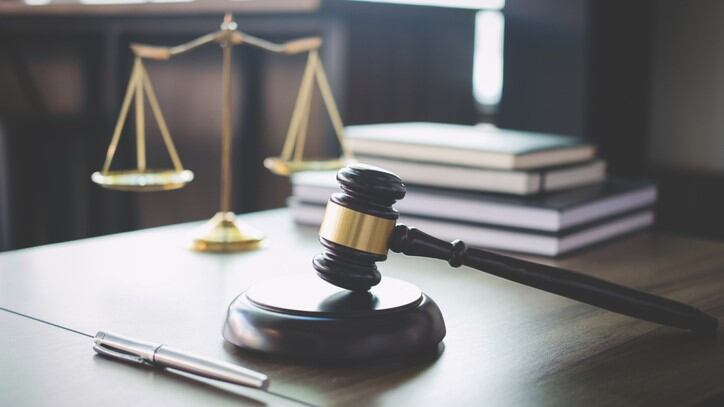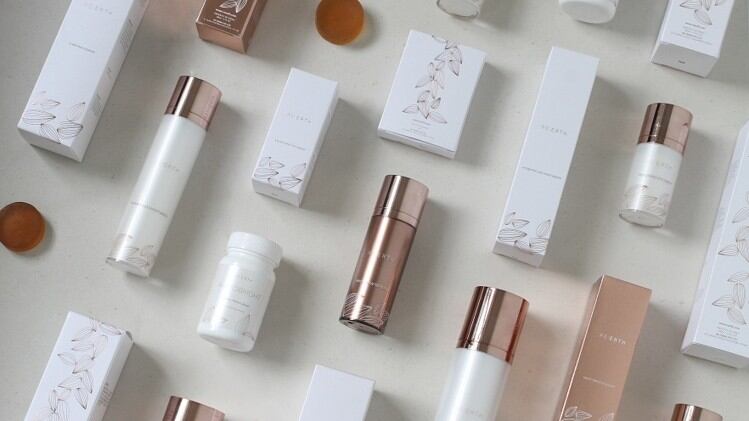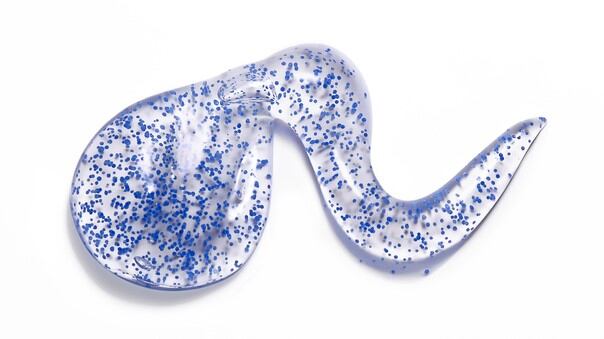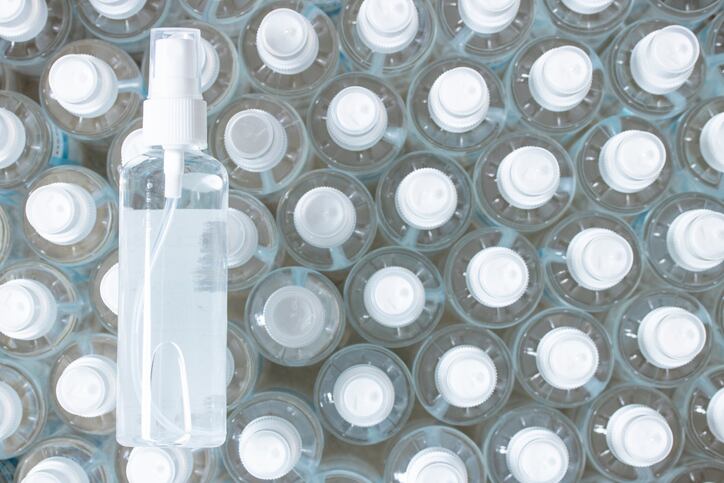1 – ‘Permissible and forgivable’: Malaysia clarifies that alcohol-based hand sanitisers can be used by Muslims
Malaysia’s minister of religious affairs has given the green light for Muslim consumers to use alcohol-based hand sanitisers.
Datuk Seri Zulkifli Mohamad Al-Bakri posted an announcement on the ministry’s official website stressing that protection against the novel coronavirus (COVID-19) was of utmost importance.
“Due to the emergence of the spread of the COVID-19 virus in our country, the implementation of cleanliness is the main factor in decreasing the risk of being infected by the virus.”
Quoting fatwa, he elaborated that alcohol used medical or personal care use was permissible as it does not intoxicate.
2 – Essential oils and COVID-19: Industry warns no sufficient evidence for efficacy amid sales surge
The ongoing coronavirus (COVID-19) outbreak has seen a surge in demand for essential oils with claims of antiviral and antibacterial effects, although the industry has warned there are no sufficient evidence of its efficacy against the pandemic.
Japanese OEM manufacturer of aromas and fragrances, Alfa-Point, said demand for its tea tree and eucalyptus-based essential oils were growing.
Ryuichi Sugawara, president of Alfa-Point, told CosmeticsDesign-Asia that sales of its essential oils grew more than 35% year-on-year.
“Since the situation of coronavirus has not yet returned to normal, there is a possibility that it (sales) will grow further in the future.”
3 – Plastic-free creativity: Will South Korea’s PVC-ban lead to an ‘explosion’ eco-friendly innovation?
As South Korea moves to regulate its plastic waste, experts are questioning if these new regulations will stifle creativity or push cosmetics brands to innovate packaging design in an eco-friendlier manner.
In bid to reduce its plastic waste production by half, and double recycling rates to 70% by 2030, South Korea has enforced regulations banning the usage of hard-to-recycle plastics such as PVC.
This Act is applicable to all products available in South Korea, including local and imported beauty brands.
The Act on the Promotion of Saving and Recycling of Resources was announced back in 2018 by the South Korean Ministry of Environment (MoE) following China’s announced an import ban on 24 types of plastic waste from January 2018.
4 – Ban the bead: Cleansers, shampoos and toothpaste included in China’s latest draft on microbead ban
China’s National Development and Reform Commission (NDRC) issued new draft for public consultation, further refining the scope of cosmetics categories subject to the microbead ban.
In the latest draft, the NDRC has defined products with microbeads as "rinse-off cosmetics, toothpaste, and toothpowder with intentionally added solid plastic particles that are less than 5 mm millimetres in size and are used for scrubbing, exfoliating, cleansing, etc.”
It further specified that rinse-off cosmetics, would include items such as shower gels, cleansers, hand sanitiser, soap, shaving foam, scrubs, shampoos, hair conditioners, and cleansing waters or oils.
“The daily chemical products containing microbeads have been listed by the state as the capacity that needs to be eliminated. A microbead ban can promote industrial upgrading and eliminate backward production capacity, which is also in line with the international environmental protection trend,’ said Winnie Xu of Chemlinked.
5 – Helping hand? Thailand suspends plans to regulate hand sanitisers amid COVID-19 shortage concerns
Thailand’s Ministry of Public Health has repealed a notification to classify alcohol-based hand sanitisers as ‘medical devices’ in order to ease shortages, in the wake of recent COVID-19 developments.
By doing so, the ministry hoped to increase the availability of hand sanitisers and ease public concerns of shortages, it announced through its law firm, Baker McKenzie.
Previously, the authorities announced on September 13, 2019 that it planned to reclassify certain products as high-risk medical devices.
This list included hand sanitisers with an alcohol concentration of 70% or higher, injectable hyaluronic acid intended for use as a filler, and disinfectants with alcohol as an ingredient intended for use in humans, animals and medical devices.





